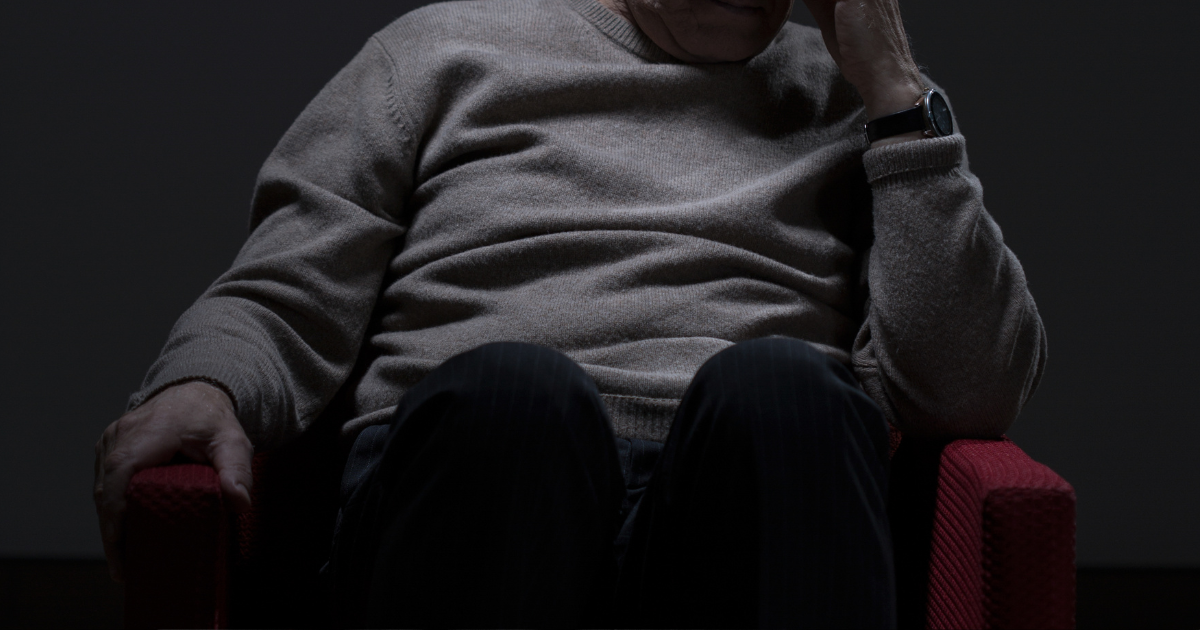CHAPTER 8 - The Nightmare Begins
This was the start. I watched, helpless, as my friend Rob was forced into a rehab facility by his daughter, when he could have gone home from the hospital after recovering from an infection. Most people want to stay at home, if possible, when they need care. He especially loved his home because he had created it. His home was on the water, with wide open views of water and sky. He had transformed the original 2-story townhouse into a huge open space with vistas from both floors and striking décor.
BARE MINIMUM
At the rehab facility, Rob’ s accommodations consisted of one room, one small window with a broken shade, and a half-bath. He had a single bed, a chest of drawers, a chair, and a TV. The furniture was scarred and scraped; the floors and bathroom were dirty. (I occasionally tracked dark, sticky patches on the floor and they often remained unscathed for days.) There was no choice for meals.
There was a board in his room that apparently was supposed to display the date and the name of the nurse or aide on duty but never did. There was no wall clock and no telephone. One aide informed him that he could generally expect to wait at least 10 minutes for any response to his call button. He would get himself to the bathroom if no one came in time.
There were alarms for the bed and the wheelchair. They were often set off by his ordinary movements, but again, there was slow if any response and he had to learn how to turn them off by himself. Anyone could see or walk into his room at any time. In fact, anyone could walk into the building itself at any time, and go to the public rooms and patients’ rooms. Someone was in an office inside the front door, but I was never asked to give my name or purpose, or to sign in.
RED FLAGS
Red flag #1 - his being placed in a facility when he could have gone home, as he wished. Red flag #2 – his apparent complacency. Red flag # 3 - A rehab therapist stated that he should not be in a private room – that he needed to connect with more staff and non-staff people as he would in a semi-private room. As it was, even though I came every day, his daughter came very often and her husband came along sometimes, Rob was often alone for long stretches during the month he was there.
In spite of the daily physical therapy, he never engaged in any other activities and was often lethargic and fuzzy-minded. Wondering what medications he was receiving, I asked his daughter for a list of those, but she never supplied that information. Red flag # 4?
UNPROTECTED AND UNSUSPECTING
All those red flags! I was still puzzled but not alarmed. Until I began to make daily notes and a pattern of occurrences emerged that didn’t make sense. My suspicions grew into shuddering fear. Before Dotty drove him from the hospital to rehab, she had stopped at his house to pack some clothes and other belongings for his stay. As the days passed, I noticed that many important items were not included in her packing.
He had no phone or tablet, and so no email, which he had used daily. He also had no wallet, cash, checkbook or credit card. No ID and not even a pencil and paper. He wanted to check his financial situation and some legal information, and especially, he wanted to check on his costs and services at the institution. His glasses were missing, as was his watch, electric shaver, comb and brush. He had only one change of clothes and no shoes. His hearing aids did not work, causing him a constant struggle with communication and comprehension.
I brought him some of the missing items, but could not find his wallet or his mobile phone. Dotty brought him a new shaver, a comb, and a small whiteboard and marker which was never used. I had his hearing aids repaired, but soon they somehow disappeared. Dotty said she would take him to buy new ones when he got out of rehab, but she could have taken him at any time. He was not bedridden.
Rob asked Dotty about the cost of his stay there. He also asked her several times for his wallet and cards and cash. She never produced them. She told him she was paying for his rehab stay. I realized later that he had added her to his checking account, so yes, she probably was paying for it – with his money. I often mentioned to her that he needed a phone. His friends and I could not text, email, or phone him.
All of this was confusing for me and for Rob, who was trying to adjust to this new life. I hesitated to mention my misgivings to Rob, and he never complained. I often suggested that he speak up to Dotty when he needed or wanted something, or about how unhappy he was there, but he never did. My fears, however, were justified.
This turned out to be the beginning of a well-planned course of abuse, as well as the use of a form of psychological, emotional, and physical manipulation known as undue influence. There are several types of abuse, which can cause pain, confusion and even death. Undue influence causes its victims to question, or doubt, their sanity, judgement, and memory, and to alter their actual perception of reality. This is what happened to Rob.
THERE IS A GOOD CHANCE
Dependence makes us vulnerable. It is likely that at some time – at any time of life - it will become difficult to care for ourselves, even if temporarily. Rob was only briefly dependent on his daughter, but it was enough time for her hidden hatred and greed to propel her to abuse him to death. To protect against unwelcome and loathsome choices that others may make for us, some advance planning is needed. Part two:
Start a tentative list by answering some questions. If you became disabled:
- Where would you want to live? At home, with relative or friend, at a facility?
- Who might help you with your transition? Relative, friend, attorney, doctor?
- How much will it cost? What will my assets will cover? Do I have long term care insurance, Medicare or Medicaid?
- Who would be able and willing to help you in the long term? With finances, health care, and other obligations?
✔Planning My Way – A free detailed advanced care planning guide.
Planningmyway.org

















